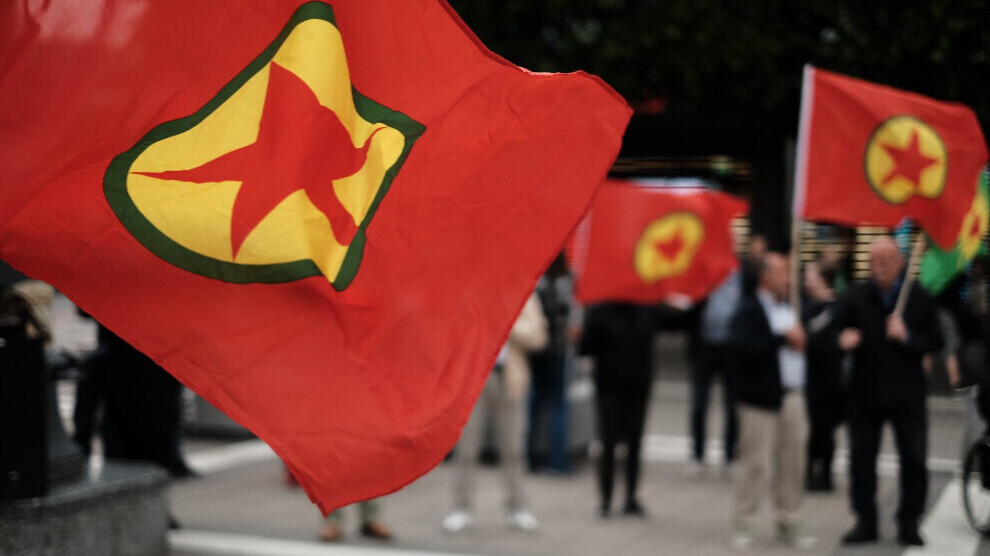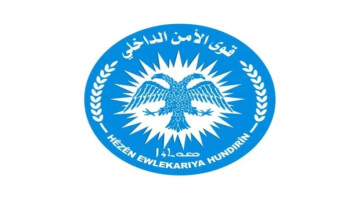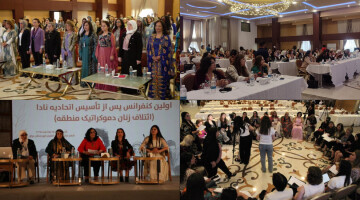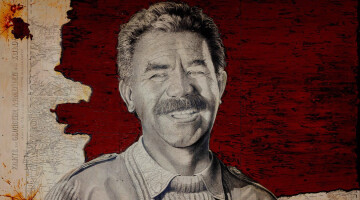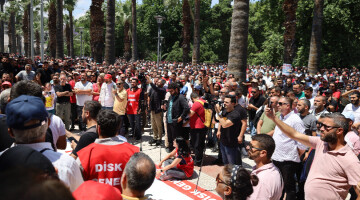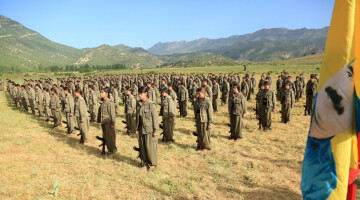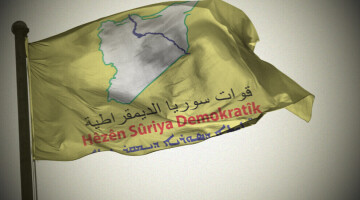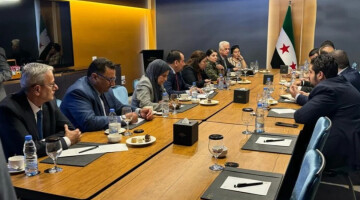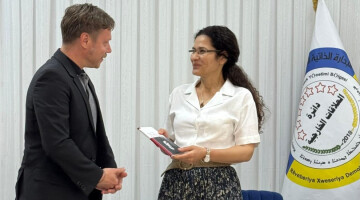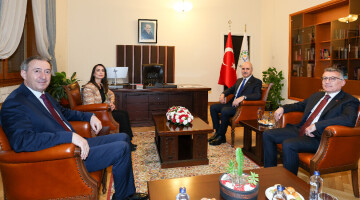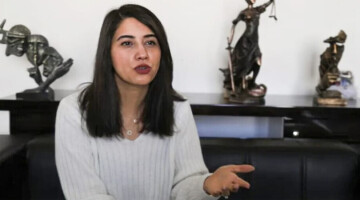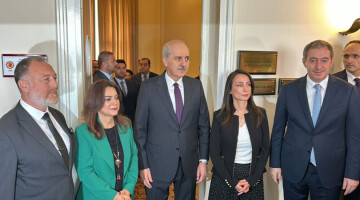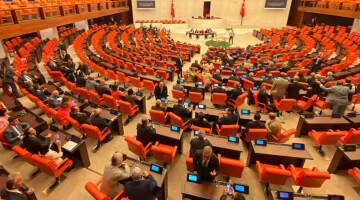The British Foreign Office has welcomed the decision by the Kurdistan Workers' Party (PKK) to disband as “an important step towards peace and security for Turkey and the wider region.” The statement was issued in response to a letter from the Foreign Relations Committee of the Kurdish People's Council in the United Kingdom.
The British Foreign Office highlighted the UK's “regular dialogue” with Turkey “as a key NATO ally and strategic partner” and said it has been closely monitoring developments following the PKK congress decision announced on 12 May.
“The decision by the PKK to disarm and disband marks an important step towards peace and security for the people of Turkey and the wider region. The UK remains committed to supporting efforts that reduce conflict and promote stability,” the statement read.
On the question of the release of Abdullah Öcalan, the long-imprisoned founder of the PKK, the ministry stated that his detention “follows a domestic Turkish legal ruling”, adding, “Decisions regarding individual prisoners are a matter for the Turkish legal system.”
The Foreign Office also commented cautiously on the controversial practice of trustees in DEM Party-governed municipalities: “The decision to appoint state trustees in local municipalities is a decision for the Turkish Government. Nevertheless, we expect Turkey to undertake any legal processes against locally elected representatives fairly, transparently and with full respect for the rule of law.”
Agit Karataş from the Foreign Relations Committee of the Kurdish People's Council said that an urgent letter had been sent to the Foreign Office asking for London's position on the PKK's new political line and on the application of international law, such as the so-called “right to hope.” Karataş described London's response as “not surprising, but thought-provoking.” The British government acknowledged the significance of the PKK's move for peace, but shifted responsibility for a political solution, including Öcalan's future, entirely to Turkey, he added.
Karataş emphasized that a democratic solution process would be virtually impossible without Öcalan's freedom. He called for international legal and civil society mechanisms to be activated to enable a political solution.
“It is our duty to resolutely support this process,” Karataş said and called on the international community to contribute to the democratic resolution process.

